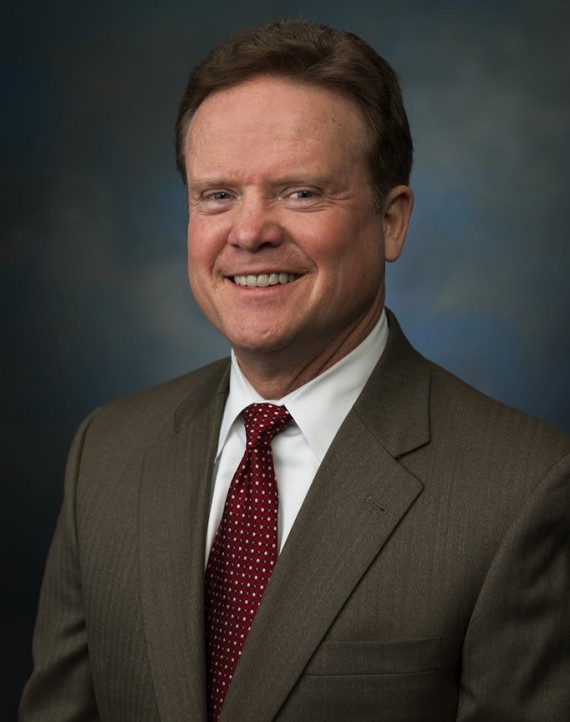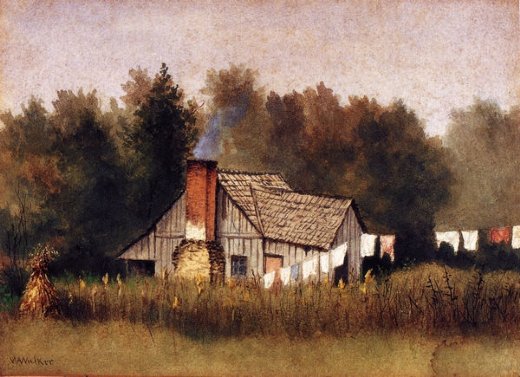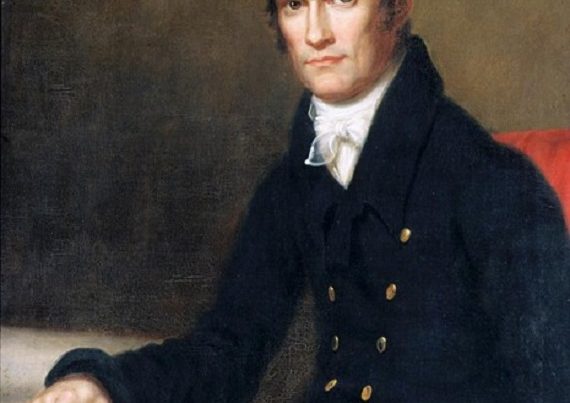“Daddy was a veteran, a southern democrat,
They oughta get a rich man to vote like that.”
Bob McDill, “Song of the South”
The presidential candidacy of Jim Webb marks, perhaps, the last gasp of that nearly extinct species of politician populus austrinalus, the southern democrat. Webb, a native Missourian, has an impressive record of public service: a marine officer decorated for heroism, the Secretary of the Navy, and Senator from Virginia. His positions are typical of one who is descended from the Scots-Irish: suspicion of overreaching government regulation, a streak of populism, support for military funding coupled with a restraint upon military deployment, and passionate support of the second amendment. Typical too is Webb’s surrender to the progressive social policies of the day; he is after all a politician. But as a politician he is a rare bird indeed in the Democratic Party and finds himself very much on the outside looking in. His complaints regarding the “rigging” of the recent Democratic Party presidential debate may well be true, but it is fundamentally irrelevant. Mr. Webb has almost nothing to say to his party that they would wish to hear.
Webb’s predicament underscores the completion of an ominous trend in American politics. The old southern democrats played vital role in federal politics as the last representatives of anything that resembled Jeffersonian democracy. The group was a much more diverse lot than most believe. People such as Senators Carter Glass, Henry Steagall, James Eastland, Richard Russell, Representatives Millard Tydings and Estes Kefauver, Governor George Wallace, the Dixiecrats, some of the Blue Dog Democrats, and a host of other federal, state and local politicians could all be plausibly grouped under the banner of southern democrat. This is to say that to one degree or another, these people were fiscally conservative, suspicious of Wall Street, favorably inclined toward the military while being somewhat more reserved about using it as an instrument of policy, and at the same time willing to use the power of the federal government to achieve a particular pet end. On desegregation most southern democrats favored a “slow if at all” process, but not all (Kefauver is a notable exception). States’ rights and local governance were certainly rallying cries for many of the southern democrats, but being politicians these principles were often used to serve certain public policy ends rather than to determine the ends of public policy.
A crucial role played by the southern democrats in American politics was one of restraint. Glass, Steagall, and Kefauver all shared a deep suspicion of big capital and its influence on politics and society. All three authored important legislation that attempted to restrain that influence. Senator Richard Russell was a penultimate hawk, yet he was critical of Lyndon Johnson’s intervention in Vietnam and urged caution. Later southern democrats successfully restrained the more radical impulses of their fellow Democrats: Sam Nunn served this role in admirable ways, and even President Bill Clinton, for a brief time, ran a budget surplus and “ended welfare as we know it.” Mr. Clinton, however, also did much to destroy some of the more populist and restraining impulses associated with southern democrats. Clinton’s signed into law the repeal of Glass-Steagall, he welcomed Goldman-Sachs with open arms into the party’s counsels, and he signed NAFTA into law which heralded the age of the global labor market, and the beginning of the end of the blue collar worker, south and north. There is now not one member of the Democratic Party who understands the meaning of the word restraint: fiscally, socially, or militarily. The only exception is Mr. Webb.
Therein lay the problem for Mr. Webb’s candidacy. The southern democrat officeholder is gone; they are now Republicans (who often feel mighty uncomfortable in the party of War and Wall Street), or they are chic and trendy progressives. The loss of the southern democrat meant that the Democratic Party has turned hard left, and it has left Mr. Webb in its wake. This is a pity. While I have many disagreements with Mr. Webb on social policy, I do believe the Democratic Party would be much better off with more folks like him than the strange hybrids of Alexander Hamilton and Saul Alinsky in drag we too often see. Too bad, but when it comes to the old southern democrat impulse I am afraid for Mr. Webb that Bob McDill’s lyrics are prophetic,
“Gone, gone with the wind
There ain’t nobody looking back again.”







Dr. John Devanny produces excellent essays for the Abbeville Institute, especially on the current state of the South. What’s important to me is being Southern by heritage and culture. Sadly, most Southerners are clueless to their heritage and only believe that drinking sweat tea and eating fried chicken & biscuits makes one Southern.